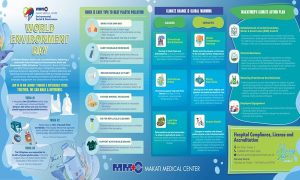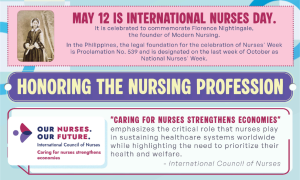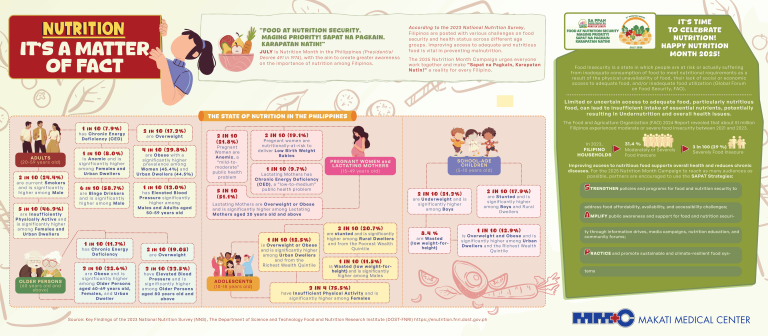It is never easy coping with a sudden illness or disability. Your life will change in many ways and the adjustment period may prove to be challenging. In the first few days, weeks, or even months, you may feel lost and unsteady as you become too focused on what you have lost in the process.
Here’s something you should know: it’s completely normal and you are not alone.
Your fears and negative emotions are valid after being hit with such a health condition, but you must remember that you always have control over how you respond to the situation. There will always be a way for you to improve your condition. You can work towards self-improvement by increasing your level of independence and exposing yourself to new experiences that will empower you.
Living a full, happy life is still possible no matter what kind of illness or disability has befallen you. Here are some ways to help you cope and thrive with your condition. These are not quick fixes, but with ample time and patience, they can help you power through the hurdles in your way with much more ease.
How to cope and thrive with a disability
It is okay not to feel sad. You do not have to force yourself into feeling happy—if you do, you might even run the risk of doing more damage to your psyche. Right now, you are painfully aware of how the disability or illness has affected your body. You may have lost some physical or cognitive abilities, and you might find that things that were previously easy to do now pose a great challenge for you in various ways.
Ignoring your feelings is not healthy. Working through your emotions and allowing yourself to grieve is the best route to take. There is also a huge chance that you swing from one emotion to another. Ups and downs are completely normal, and it is important to let yourself feel whatever emotion you encounter without judging yourself for it.
You might want to explore counseling or consulting with a psychiatrist at this point. Consulting a licensed therapist or psychiatrist may help you deal with the emotional turmoil you are going through and teach you how to manage your feelings.
Coming to terms with an illness or disability is no walk in the park. You might be tempted to keep reflecting on the days when you were still unsaddled with this burden, but you must try to realize that you have to focus on finding ways to adapt to your new “normal state”. This will get you closer to acceptance.
Maybe you can no longer see, or you might have lost your hearing or your ability to walk. Perhaps you have been diagnosed with a mental illness that prevents you from functioning in society as you used to. New hope might spring for seeking out people with the same stories, so you can learn about how they are coping and able to thrive despite their handicap.
Your life has been altered with the sudden onset of illness or disability. Be steadfast in advocating for your rights and needs. Research on your disability and know which resources you can utilize to lighten your load. Find out how the government’s healthcare system can aid you through Persons With Disability (PWD) privileges.
Account for the things you can still do despite these limitations. There are measures and technologies available that can help make things easier for you. For instance, if you are now bound to a wheelchair, it might be impossible for you to reach tall shelves at home. You can modify fixtures and cabinets in your living space to make them more accessible to you.
Focusing on the now is vital to be able to move forward. Thinking back to that part of your life when you were free of any illness or disability, as well as worrying about the future will do very little to improve things.
Getting better involves having a mindset that is geared towards working on achieving realistic goals. Patience is a virtue, so celebrate every small step or little victory you experience each day.
Never give up on yourself. Being struck with sudden illness or disability should never stop you from living a life you are proud of. Working on gaining tools and coping mechanisms will give you the power to frame the situation in such a way that it will allow you to live with your new reality. It is a lot of work, but it can be done. Seeking help from professionals will set you on the road to recovery.
Hold on and believe that in time, things will get progressively easier for you.











